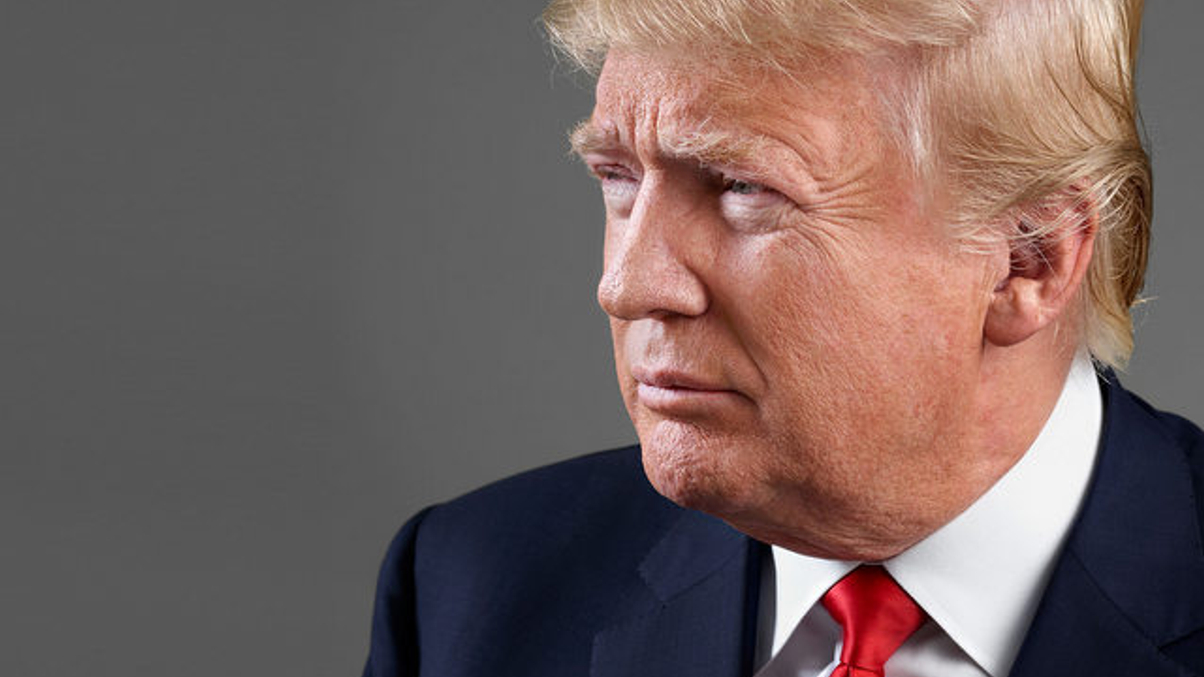Will Donald Trump dismantle Dodd-Frank?
As part of his stated goal of creating a more business-friendly environment, the new US president plans to "do a number" on the 2010 Act. How far will he go?

The Dodd-Frank Act, created in response to the 2008 financial crisis with the aim of reducing risk in the US financial system, is at threat under the newly minted Donald Trump administration.
Sign in to read on!
Registered users get 2 free articles in 30 days.
Subscribers have full unlimited access to AsianInvestor
Not signed up? New users get 2 free articles per month, plus a 7-day unlimited free trial.
¬ Haymarket Media Limited. All rights reserved.


